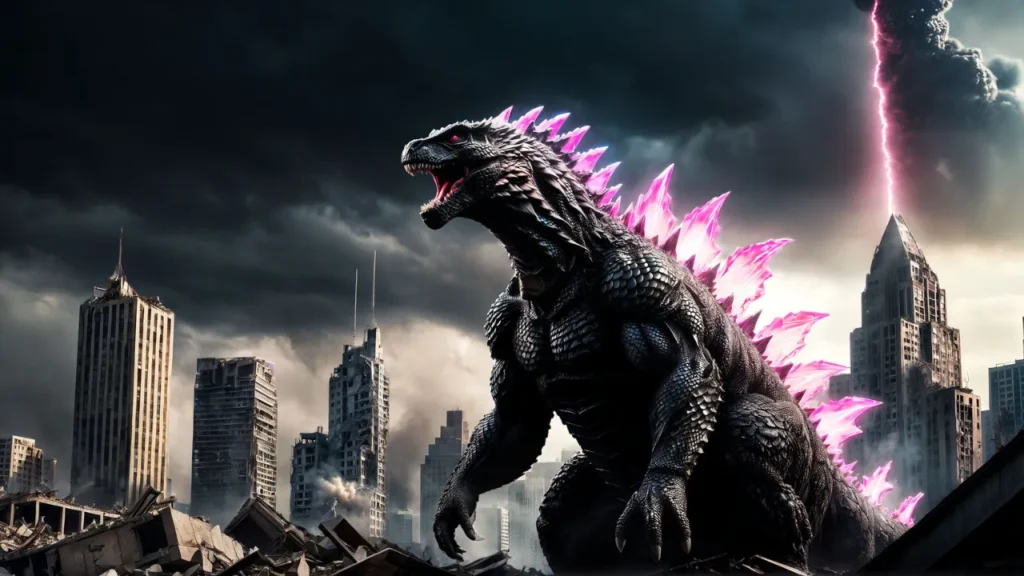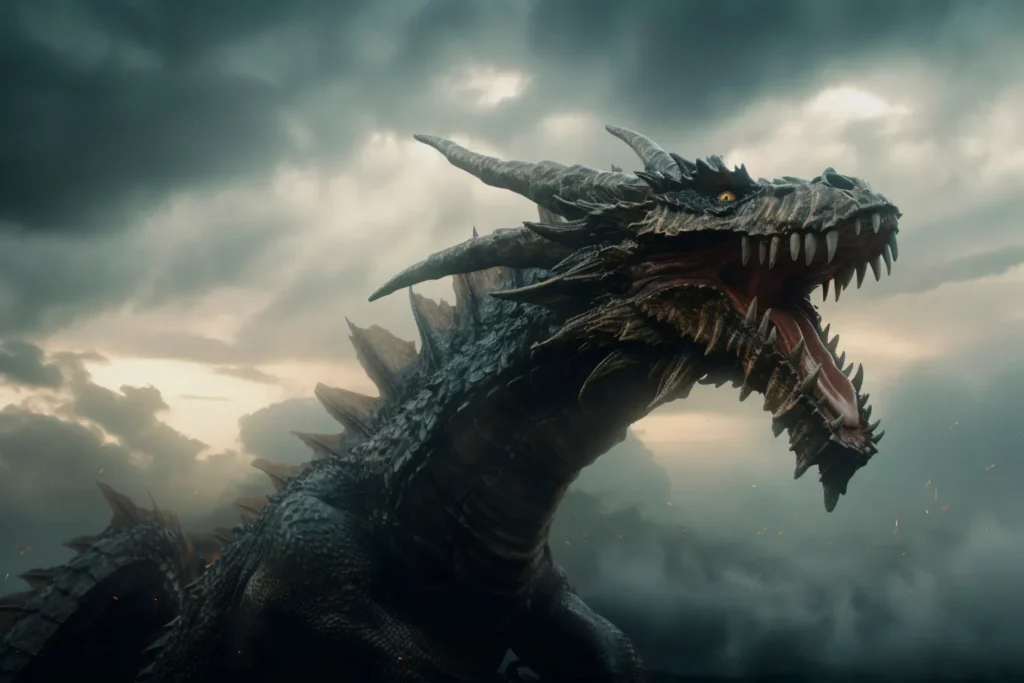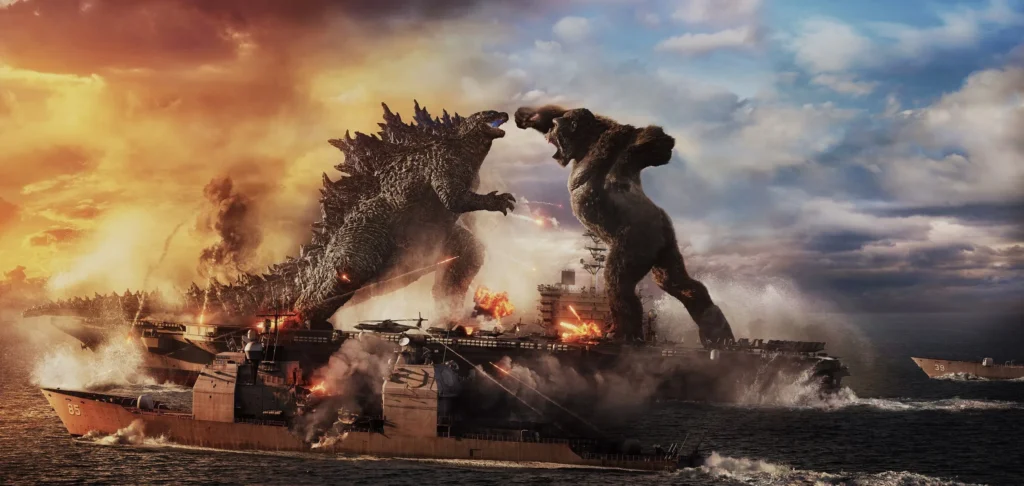- vortextimes.com
- March 29, 2024
- 11:24 pm
- No Comments

Godzilla Minus One Wins Oscar for Best Visual Effects, Showing How the MonsterVerse Has Changed :
After thrilling audiences with his terrifying exploits for seven decades, the legendary Godzilla has subsequently received an Oscar in a momentous moment for the records of film. At the 96th Academy Awards, “Godzilla Minus One,” the most latest movie in the franchise, took home the coveted Best Visual Effects prize, giving the venerable movie monster a great deal-wanted popularity.

Godzilla’s triumph at the Oscars highlights his upward push from his menial begin as a stuntman destroying version cities to his gift function as a powerful pressure in Hollywood’s movie industry. “Godzilla Minus One” enthralled viewers with its cleverly deliberate chaos, highlighting the massive creature’s undying attraction.
No stranger to the Godzilla universe, author-director Gareth Edwards established the award with grace and expressed gratitude for the movie that beat his own. The 2014 film “Godzilla,” which marked Edwards’ first venture into the Godzilla universe, established the foundation for the modern-day Hollywood franchise and catapulted the towering Japanese big name into a new stage of prominence in the film industry.

Upon its launch ten years in the past in May, “Godzilla” now not simplest handed the expectations of critics and the box office, but it additionally garnered important acclaim. Previous massive-display screen variations of the famous monster had fallen short of this mark. In comparison to the critically acclaimed Japanese movies “Godzilla Minus One” and “Shin Godzilla,” which featured satirical and allegorical topics, Edwards’s version of the enduring monster furnished a new angle on the monster’s mythology.
Edwards’ “Godzilla” stood out as a completely unique addition to the franchise despite early doubts and comparisons to in advance iterations, paving the manner for several sequels and spinoffs that got here after. As the MonsterVerse expands its cinematic universe, the most modern installment, “Godzilla x Kong: The New Empire,” guarantees to supply an epic showdown of vast proportions.
A Special Place within the MonsterVerse: “Godzilla” (2014) holds a unique vicinity in the franchise’s history, even though it may now not acquire the same amount of praise as its Japanese predecessors or some of its sequel counterparts. Despite receiving complaint for its constrained depiction of the film’s titular monster, the film managed to enthral viewers with its atmospheric narrative and hanging set pieces.
Edwards’ ability as a director is clear in his potential to arouse fear and wonder even as additionally highlighting the scale of the sizable prehistoric creatures that take centre level. A international on the verge of apocalypse is glimpsed as Edwards skillfully crafts a cinematic experience that goes past mere spectacle, combining moments of human-scale attitude with larger-than-lifestyles kaiju battles.

Steven Spielberg’s films, particularly “Jurassic Park” and “Close Encounters of the Third Kind,” served as a first-rate source of idea for legendary director Steven Spielberg. As a result, “Godzilla” has an air of grandeur and suspense this is harking back to Spielberg’s frame of labor. With its striking aesthetics and powerful performances, the film honours Spielberg’s legacy in filmmaking whilst forging a unique identification for itself within the monster film subgenre.
The movie’s narrative gains depth from Bryan Cranston’s great performance as a grieving scientist, which grounds the human drama amidst the chaos onscreen. With the assist of a robust ensemble forged that includes Ken Watanabe, Elizabeth Olsen, and Juliette Binoche, Bryan Cranston’s portrayal gives “Godzilla” more intensity and emotional resonance than is regular of a blockbuster film.
“Godzilla” has been hailed with the aid of critics because the first post-human blockbuster, portraying a dystopian destiny where human manipulate is not viable. A experience of almost helpless astonishment is created by using Edwards’ meticulous attention to detail and breathtaking visuals, which echo the subject matters of Ishirō Honda’s unique 1954 movie while imparting a modern reinterpretation for current audiences.
“Godzilla” is a monument to director Garry Edwards’ imaginitive style of filmmaking, even no matter its contentious reception and departure from traditional monster film tropes. The legacy of “Godzilla” (2014) endures as a ancient accomplishment in the annals of cinematic history, paving the way for destiny iterations of the iconic monster and raising the bar for blockbuster spectacle even as the MonsterVerse continues to grow and evolve.